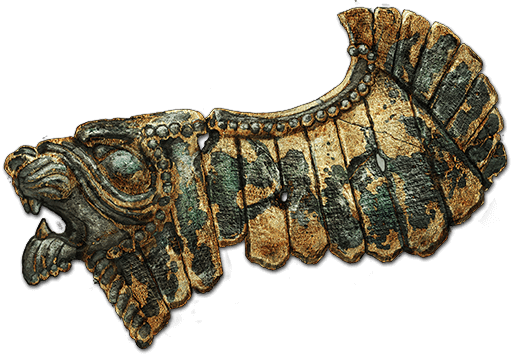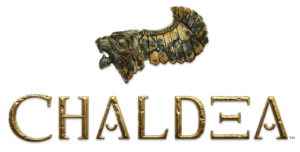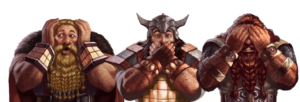H I G H E L V E S
The rarest of elves, high elves embody the grace and beauty of all fey. One will not find a community of high elves; they are solitary creatures. On rare occasions they will mate in order to raise a child, but once the child is grown, the mother and father will once again go their separate ways.
High elves share the wilder elves’ love of forests and animals but have dedicated themselves to loftier discoveries: magic and cosmology. They do not have the edge and natural distrust of others as wilder elves do, for high elves lead privileged—perhaps even sheltered—lives. And their magical, centered nature tends to calm and disarm others, bringing out the higher nature of all beings. High elves have a charming and well-groomed beauty, and most will be received in a court of humans, dwarves, or orcs without suspicion. Dragons see through this, however, and will treat a high elf however they please.
High elves value humans for their industriousness and spirit and are far more tolerant of human foibles than are wilder elves. Their philosophy is simple: “We must carefully guide humans; their lives are too short to know themselves.” “Humans bring us amusement.” As for dwarves, high elves value them for their mastery as artificers and respect their age-old defiance of extinction. (“We must be patient with dwarves, for they have lost much.” “One should listen to dwarven council—there is wisdom in their simplicity.” “Dwarven greed is as deep as the earth.”) High elves understand the hatred and brutal life of orcs. They disagree, of course, but recognize it as pure. Still, high elves will not waste much time on them. (“Seeds planted in orc hearts will bear no fruit.” “We disgust them. Their hatred for us surpasses their hatred for all others, even though they know us not, and we have not the heart to hate them in return.”) And finally, high elves have a weakness for dragons, as dragons are the only race that matches high elves in magical nature and aptitude. As such, they view dragons with a mix of awe and fear. An elder dragon causes a high elf to look deep inside and ask questions best left unanswered. (“We must study the universe and stay ahead of the dragons, or they will become the masters of Chaldea.” “We are grateful to Mirithian for turning the tide in the Great War, but we must never turn our back on him.”)
In time, all elves struggle with grief. Watching endless tragedies unfold eventually takes a toll on even a seemingly ageless life. Grief manifests in many ways, including sadness, bitterness, isolation, silence, or anger. In general, elves ameliorate their grief through the singing of sad laments, often in groups, or processions both elaborate and simple.
C H A L D E A P E D I A










